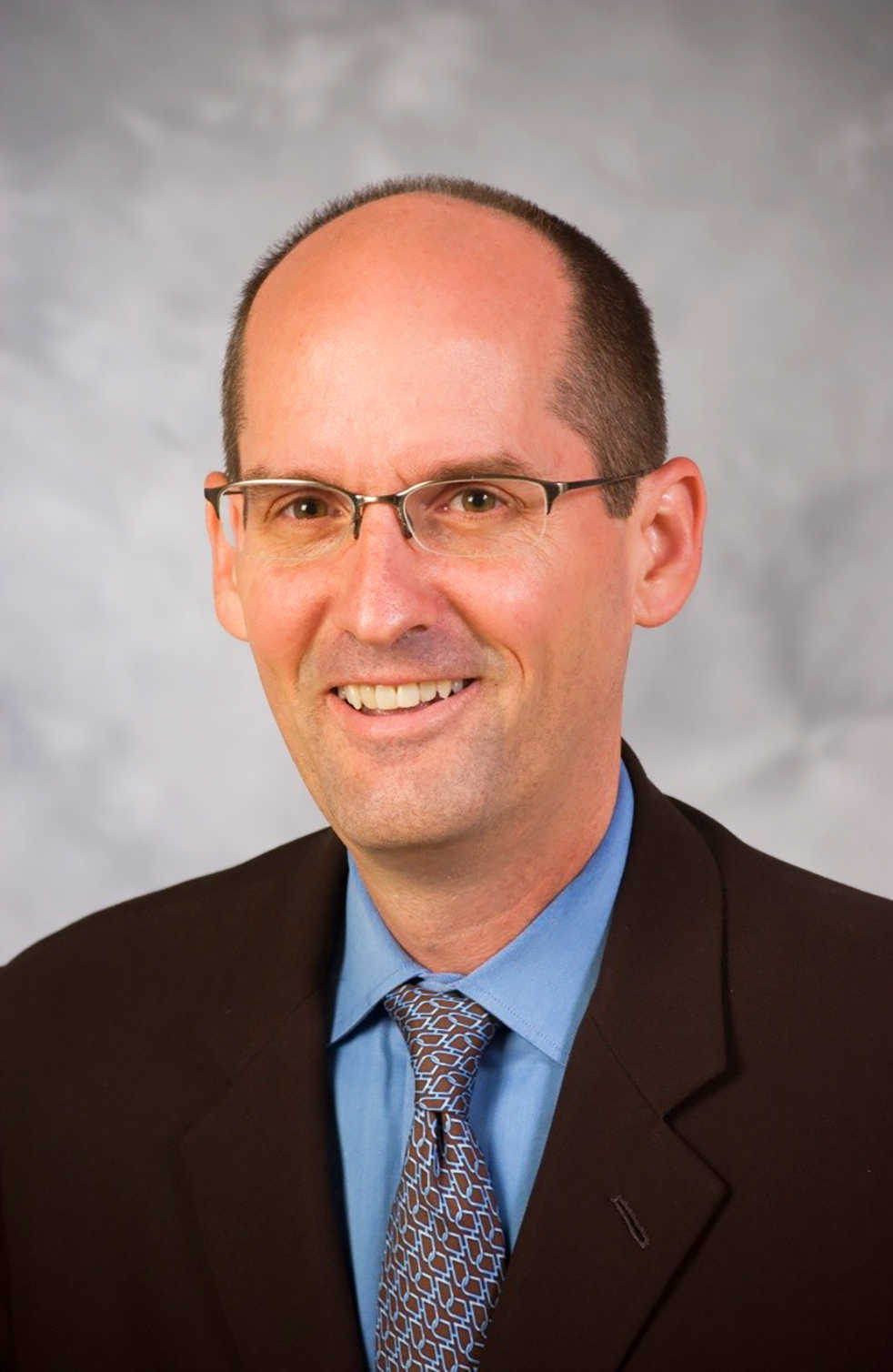On Friday, Sept. 15, the College of Engineering welcomed Steve McLaughlin as the new dean of engineering.
McLaughlin, the former Steve W. Chaddick school chair for the School of Electrical and Computer engineering, hopes to make a big impact on engineering programs at Tech as well as the surrounding community.
“I love doing big things,” McLaughlin said. “I love complex challenges, and when they have a positive impact on people and on the Institution, there’s nothing more rewarding than that.”
One of McLaughlin’s goals as he transitions to the dean’s office is to scale these entrepreneurship and innovation programs much larger in order to maximize
their impact.
He thinks that Tech has been doing great things with the CREATE-X entrepreneurship programs. McLaughlin remembers that the “aha” moment for CREATE-X happened in his office, when a student fresh out of the Inventure Prize competition realized that he did not know what the next step for his company was. McLaughlin is also proud of Tech’s maker spaces and wants to continue to develop them.
Above all else, McLaughlin, who prefers people to call him Steve, wants students to know that his door is always open.
“I’d love for students to stop by,” McLaughlin said. “Come see me with good news or bad news. I hope students will feel really, really comfortable to come and see me and share their thoughts.”
In addition to scaling up entrepreneurial programs, blended learning formats are yet another way to reach more and more people in the Tech community. Massive Open Online Courses and other online programs will increase in the coming years. He sees it as Tech’s responsibility to positively impact those who aren’t even Tech students.
“What’s our role either locally or nationally in terms of making society more technologically savvy, more technologically literate?” McLaughlin said. “I think people really believe that the gap between the haves and have-nots from a technology standpoint is widening, and if you don’t have those skills you’re going to be left behind. I think you’ll see more and more thought going into how we engage society more broadly from a technology standpoint.”
McLaughlin says that his first act as the dean will be to do a lot of listening in order to create a strategic plan for the next few years — in particular, one that will focus on the education experience of both undergraduates and graduates.
McLaughlin began his professional journey at Tech as a professor in the School of Electrical and Computer Engineering in 1996, when he was attracted by the Institute’s rapid advancement
and growth.
Over his time at Tech, during which he has done research in communications and information theory, he has held a variety of positions and received several awards. He says that the turning point in his career was his time at Tech’s Lorraine campus, especially his eventual position as deputy director of the program.
“I really got an incredible appreciation for the kinds of opportunities that we can provide to students and more importantly the impact that it can have on their lives, their academic careers and their job prospects,” McLaughlin said. “Georgia Tech Lorraine really, really changed me in terms of what we can do for students but also what Georgia Tech can do for the world.”
For five years after he returned to the United States, from 2007 to 2012, McLaughlin served as vice president for international initiatives and the Steve A. Denning chair in global engagement.
In 2011, he was awarded the second-highest civilian honor from the Republic of France: the Chevalier dans l`Ordre Nationale de Merite (Knight of the French National Order of Merit). He was the first professor from Tech to receive the Presidential Early Career Award for Scientists and Engineers, under President Clinton.
McLaughlin is the successor of Dean Gary May, who was dean for six years and now serves as the chancellor at the University of California, Davis. McLaughlin was chosen by a search committee that was comprised of fifteen faculty and staff members and was chaired by Julia Kubanek, associate dean for research.
